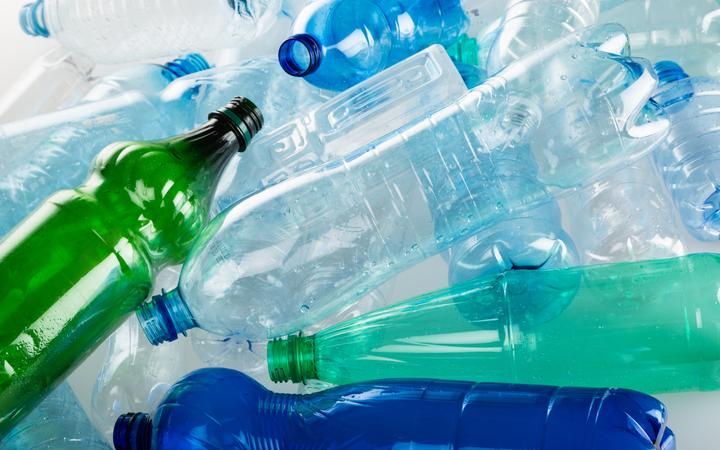Australian recycling technology aims to handle all plastics
Published on by Water Guardian Research in Technology
Australian scientists have developed a technology they say could make all plastic recyclable, as the country grapples with how to deal with its waste crisis.

An Australian scientist's process uses a form of chemical recycling that changes the plastics at a molecular level using hot water at a high pressure to turn them back into oil. Photo: 123rf
The patented technology was created by Dr Len Humphreys and Sydney University Professor Thomas Maschmeyer, who say it could process plastics that cannot currently be recycled.
Australians throw out 3.5 million tonnes of plastic each year, but currently only about 10 percent of it is recycled.
The rest is either burned, buried or shipped overseas.
When China announced in January 2018 that it would stop taking Australia's recyclable waste it was a wakeup call for the industry.
Now Dr Humphreys sees the mountains of stockpiled plastic as a wasted resource - one he says could be used instead as fuel or remade into new plastic.
His Catalytic Hydrothermal Reactor (Cat-HTR) does just that through a form of chemical recycling that changes the plastics at a molecular level using hot water at a high pressure to turn them back into oil.
"What we're doing is we're simply taking those materials and converting them back to the liquids and the chemicals they came from," he told 7.30.
From there, the oil can be turned into bitumen, petrol or back into different kinds of plastics.
Dr Humphreys said the Cat-HTR technology he and his co-founder patented was different from existing plastic-to-oil technologies like pyrolysis, which is a process that involves heating materials at a very high temperature.
Unlike traditional physical recycling, it does not require plastics to be separated according to type and colour, and can recycle anything from milk cartons to wetsuits and even wood by-products.
It also means plastic products can be recycled again and again.
The company said a commercial facility could process around 20,000 tonnes of plastic a year, though it would take dozens of those facilities to make a substantial dent in Australia's plastic problem.
Professor Damian Guirco, a director at the Institute for Sustainable Futures at the University of Technology Sydney, was impressed by the technology and said it could be one part of the solution.
Media
Taxonomy
- Recycling Services
- Circular Economy